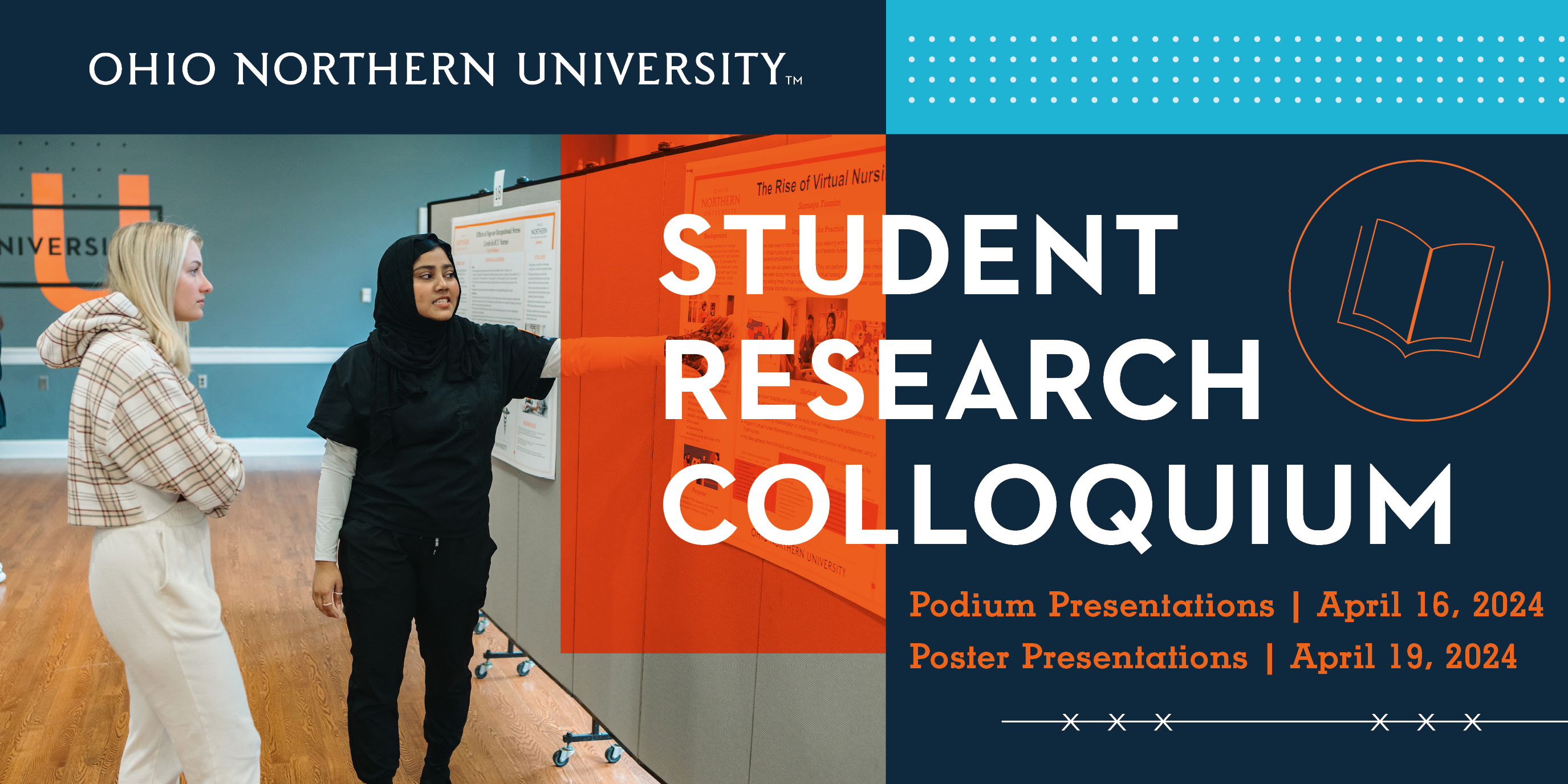Medical Marijuana Effects on Improving Agitation in Patients with Dementia
Advisor(s)
Dr. Jamie Hunsicker
Confirmation
1
Document Type
Poster
Location
McIntosh Activities Room
Start Date
19-4-2024 11:00 AM
End Date
19-4-2024 11:50 AM
Abstract
Abstract
Problem: Current treatment options (antidepressants and antipsychotics) for dementia can be ineffective and are associated with substantial side effects. More effective interventions to manage dementia symptoms, such as agitation, are needed.
Purpose: The purpose of this research project is to determine if medical marijuana is more effective in improving agitation in patients with dementia compared to standard pharmacological treatments.
Methods: A quasi-experimental design will be used for this experiment. For this study, dementia patients will be recruited from a long-term care facility. Half of the participants will be the intervention group and will take 5mg of CBD daily in place of their antipsychotic and antidepressant medications for their agitation. The other half of the participants will be the control group and will continue their normal medication regimen for their behavioral symptoms related to dementia. Participants will be monitored closely for 3 months and will be assessed daily using the Agitated Behavior Scale (ABS). The intervention and control ABS results will be compared.
Conclusion: Research has shown that medical marijuana, when used to treat agitation in dementia patients, is just as effective as the standard pharmacological treatments. This provides an alternative option for patients who are not responding to typical treatments.
Recommended Citation
Luersman, Kristen V., "Medical Marijuana Effects on Improving Agitation in Patients with Dementia" (2024). ONU Student Research Colloquium. 18.
https://digitalcommons.onu.edu/student_research_colloquium/2024/Posters/18
Level of Access
Restricted to ONU Community
Restricted
Available to ONU community via local IP address and ONU login.
Medical Marijuana Effects on Improving Agitation in Patients with Dementia
McIntosh Activities Room
Abstract
Problem: Current treatment options (antidepressants and antipsychotics) for dementia can be ineffective and are associated with substantial side effects. More effective interventions to manage dementia symptoms, such as agitation, are needed.
Purpose: The purpose of this research project is to determine if medical marijuana is more effective in improving agitation in patients with dementia compared to standard pharmacological treatments.
Methods: A quasi-experimental design will be used for this experiment. For this study, dementia patients will be recruited from a long-term care facility. Half of the participants will be the intervention group and will take 5mg of CBD daily in place of their antipsychotic and antidepressant medications for their agitation. The other half of the participants will be the control group and will continue their normal medication regimen for their behavioral symptoms related to dementia. Participants will be monitored closely for 3 months and will be assessed daily using the Agitated Behavior Scale (ABS). The intervention and control ABS results will be compared.
Conclusion: Research has shown that medical marijuana, when used to treat agitation in dementia patients, is just as effective as the standard pharmacological treatments. This provides an alternative option for patients who are not responding to typical treatments.

